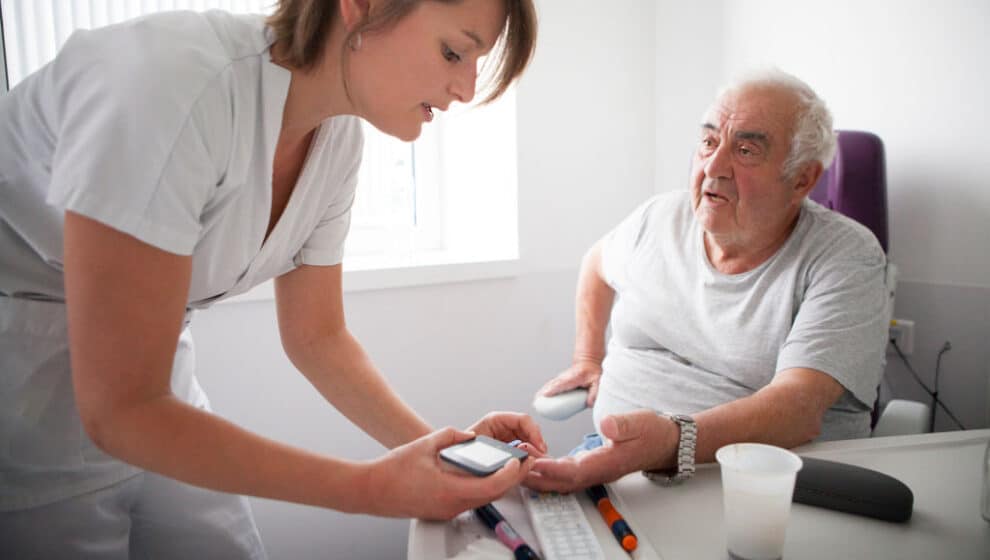Americans who search online for medical information rather than speaking with their doctor may not find factual information.
Key Details
- A recent survey revealed that around 39% of people had used the internet to find medical information rather than visit their doctor’s office.
- Those who Google their own symptoms tend to diagnose themselves up to four times a year using the information found online, StudyFinds reports.
- This frequent self-diagnosis has led to the proliferation of medical misinformation and misconceptions. More than 40% of adults surveyed believe that treatments such as fish oil, garlic, and honey alone are sufficient to treat certain illnesses.
- An even larger number, 64%, believe that carbs are strictly bad for a person’s health.
- Despite the frequent online health research, 62% of those surveyed still trust their doctor to give them accurate medical advice.
Why it’s news
The wealth of information on the internet can provide a good starting point for a person looking to understand his health symptoms, but the internet cannot always provide accurate or trustworthy information regarding healthcare.
As a result, many Americans remain under-informed about their health. More than half of those surveyed frequently take vitamins or supplements. However, only 49% report regular checkups with the doctor. Even fewer, 46%, regularly exercise. Around 30% actively manage their stress levels, and 23% monitor their cholesterol, both factors which can significantly affect heart health.
Heart disease is a growing problem for many Americans. Around 36% reported that it runs in their family, yet many respondents were under-informed about heart health. Most respondents recognized chest pain and shortness of breath as heart attack symptoms, but only 40% recognized vomiting and jaw pain as indicators, StudyFinds reports.
Over 70% of respondents recognized that smoking, obesity, and stress could increase the risk of a heart attack, but just 50% knew that over-exertion could contribute.
Respondents were less informed about the symptoms of a heart attack in women, which differs from men’s symptoms. Only 41% knew women should watch for symptoms like fatigue and back pain as early indicators of a heart attack.
